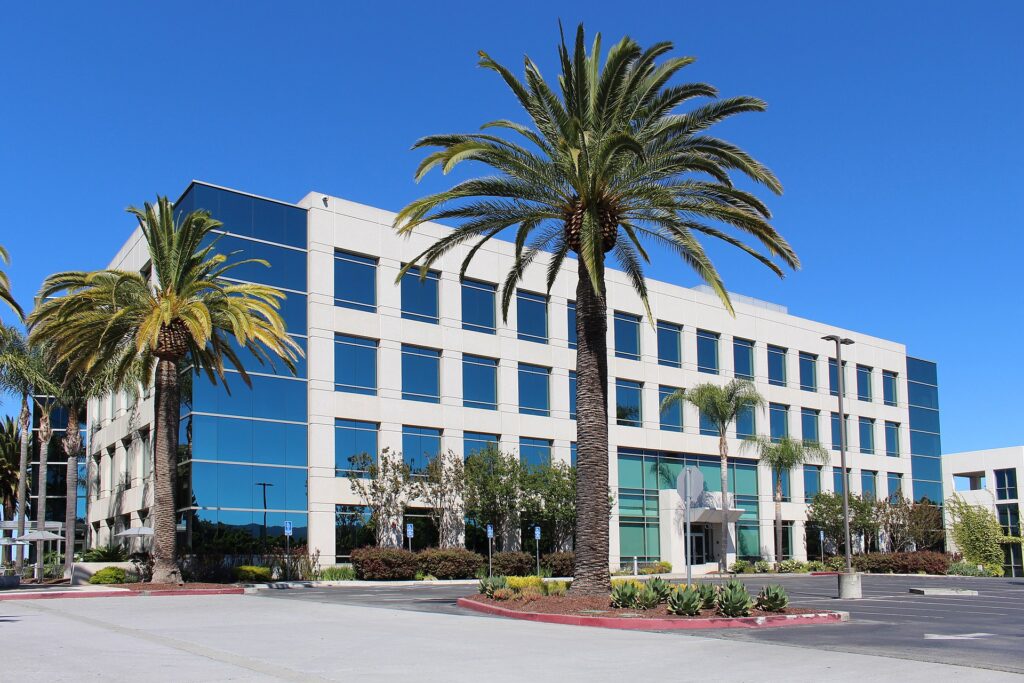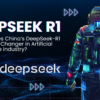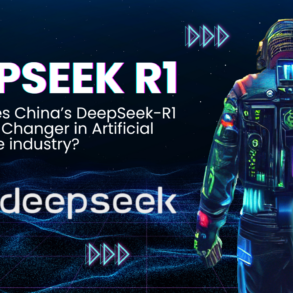AI is Here, and It’s Transforming the Game
Imagine a future where artificial intelligence doesn’t just power devices but dictates the economy, our work, and how we live. That future is unfolding now through SoftBank AI Investment. SoftBank Group Corp.’s monumental $100 billion investment in AI infrastructure over the next four years promises to reshape industries, create jobs, and fuel innovation—particularly in the U.S. economy.

For business leaders, entrepreneurs, and policymakers, this is not just a headline. It’s a wake-up call to prepare for the AI-driven future.
The $100 Billion Vision: SoftBank’s Bold Move
Led by visionary CEO Masayoshi Son, SoftBank is no stranger to high-stakes bets. From Alibaba’s meteoric rise to investments in ARM Holdings and Uber, Son’s strategy has been marked by boldness, resilience, and foresight. However, this $100 billion commitment isn’t merely a financial decision—it’s a statement of intent:
To position the U.S. as the global epicenter of AI innovation and secure its economic dominance.
SoftBank’s focus on AI infrastructure—spanning data centers, semiconductors, and computing power—reflects its understanding that AI innovation demands massive capital and deep foundations. Son estimates that achieving artificial super-intelligence (AI surpassing human cognition) will require investments exceeding hundreds of billions globally.
The Jobs Paradox: Creation and Displacement
SoftBank promises to create 100,000 jobs, but what kind of roles will these be? The demand for AI engineers, data scientists, and robotics specialists will surge. However, this transformation won’t stop at high-tech roles.
According to a PwC report, AI will add $15.7 trillion to the global economy by 2030, reshaping industries like education, healthcare, logistics, and clean energy. Secondary markets will thrive, opening opportunities for entrepreneurs who offer:
- Reskilling platforms to upskill workers for AI-focused roles.
- Smart automation tools that help businesses adapt.
- Innovative AI applications in underserved markets.
Yet, this shift comes with a cost. A McKinsey study projects that up to 375 million workers globally could face job displacement by 2030. This makes reskilling and workforce transformation an urgent priority. Business leaders who address these challenges will not only mitigate risks but seize untapped market opportunities.
AI: A New Geopolitical Battleground
SoftBank’s investment also carries significant geopolitical weight. As U.S.-China trade tensions intensify, AI is emerging as the new arms race.
- China has declared its ambition to lead AI by 2030, pouring billions into AI research, semiconductors, and rare-earth dominance.
- SoftBank’s investment strengthens U.S. technological sovereignty by prioritizing domestic infrastructure and reducing reliance on Chinese technology.
For startups and enterprises, this sets the stage for:
- AI-driven collaboration with government-backed initiatives.
- Funding opportunities from SoftBank’s Vision Fund and aligned investors.
Countries that fail to match these investments risk falling behind, widening the global digital divide. Emerging economies must act swiftly to capitalize on AI’s potential or risk exclusion from the next industrial revolution.
A Human Story: Embracing the AI Opportunity
Take the example of Kara Mitchell, a logistics manager whose job was disrupted by AI automation. Initially concerned, Kara enrolled in an AI-reskilling program that equipped her with data analysis skills. Within a year, she transitioned into a higher-paying role optimizing AI-driven supply chains.
Stories like Kara’s underscore the opportunity for businesses and policymakers to:
- Promote inclusive AI strategies that upskill workers for the future.
- Create AI-powered solutions that improve lives across all socioeconomic groups.
For entrepreneurs, addressing workforce transformation isn’t just socially responsible—it’s profitable.
The Ethical Imperative: Innovate Responsibly
AI’s rapid growth raises critical questions about ethics, bias, and governance. SoftBank’s investment will reignite these debates:
- AI bias in healthcare or hiring algorithms.
- Misinformation amplified by machine learning models.
- Data privacy in an increasingly AI-driven world.
For startups and leaders, there’s a competitive edge in prioritizing ethical AI:
- Transparency and fairness will attract conscious investors and customers.
- Differentiating as a leader in responsible AI builds trust and longevity.
Ethical AI is no longer optional—it’s a business imperative.
Seize the Opportunity: For Startups and Leaders
SoftBank’s gamble is your golden opportunity. If you’re an entrepreneur or investor, this is the moment to align with the AI revolution:
- Build solutions in high-growth sectors like healthcare, education, logistics, and clean energy.
- Partner with infrastructure investors to scale AI applications.
- Position your business as an ethical, innovative leader in AI adoption.
SoftBank’s Vision Fund has a history of backing ambitious ideas. Startups that tackle real-world problems using AI—while emphasizing ethical and scalable solutions—are uniquely poised to benefit.
Conclusion: The Cambrian Explosion of AI
Masayoshi Son famously said:
“This is the Cambrian explosion of AI.”
Just as life evolved rapidly during the Cambrian period, AI is reshaping our world at an unprecedented pace. SoftBank’s $100 billion investment is a catalyst, but it’s also a challenge:
- Business leaders must align their strategies with AI-driven transformations.
- Entrepreneurs must build solutions that address workforce gaps and societal needs.
- Policymakers must ensure AI serves everyone, not just the privileged few.
The AI revolution is not coming—it’s here. Whether you embrace it or ignore it, it will define the next chapter of our economy and society.
The question is: where will you stand?







